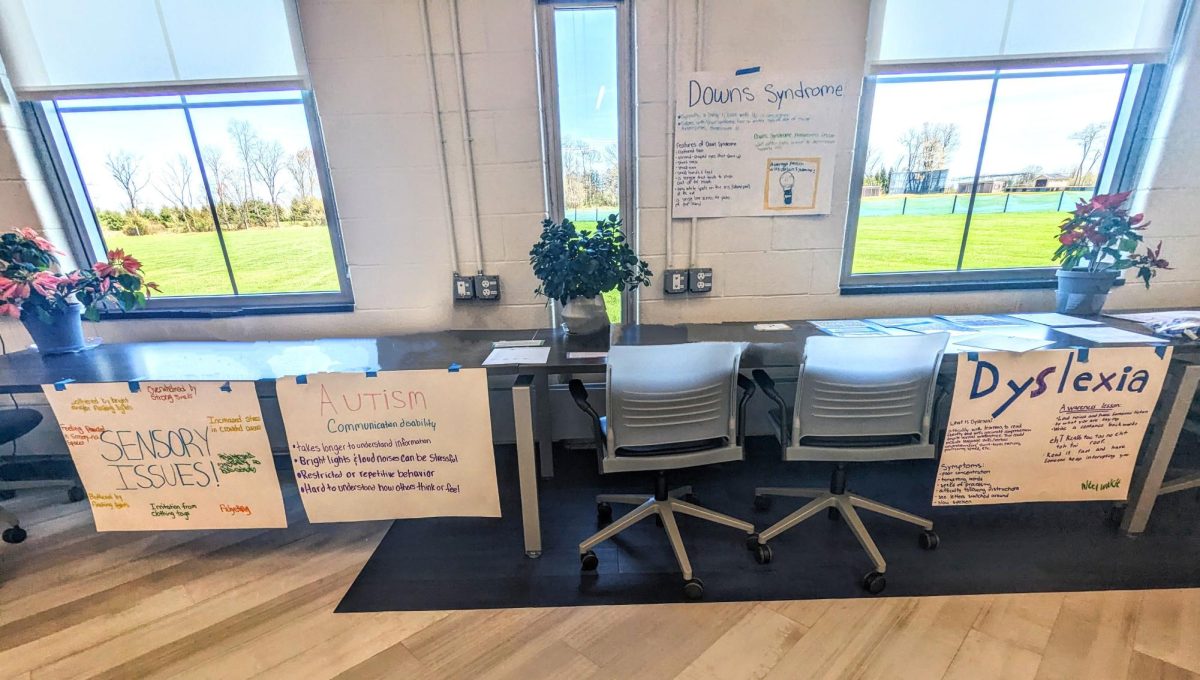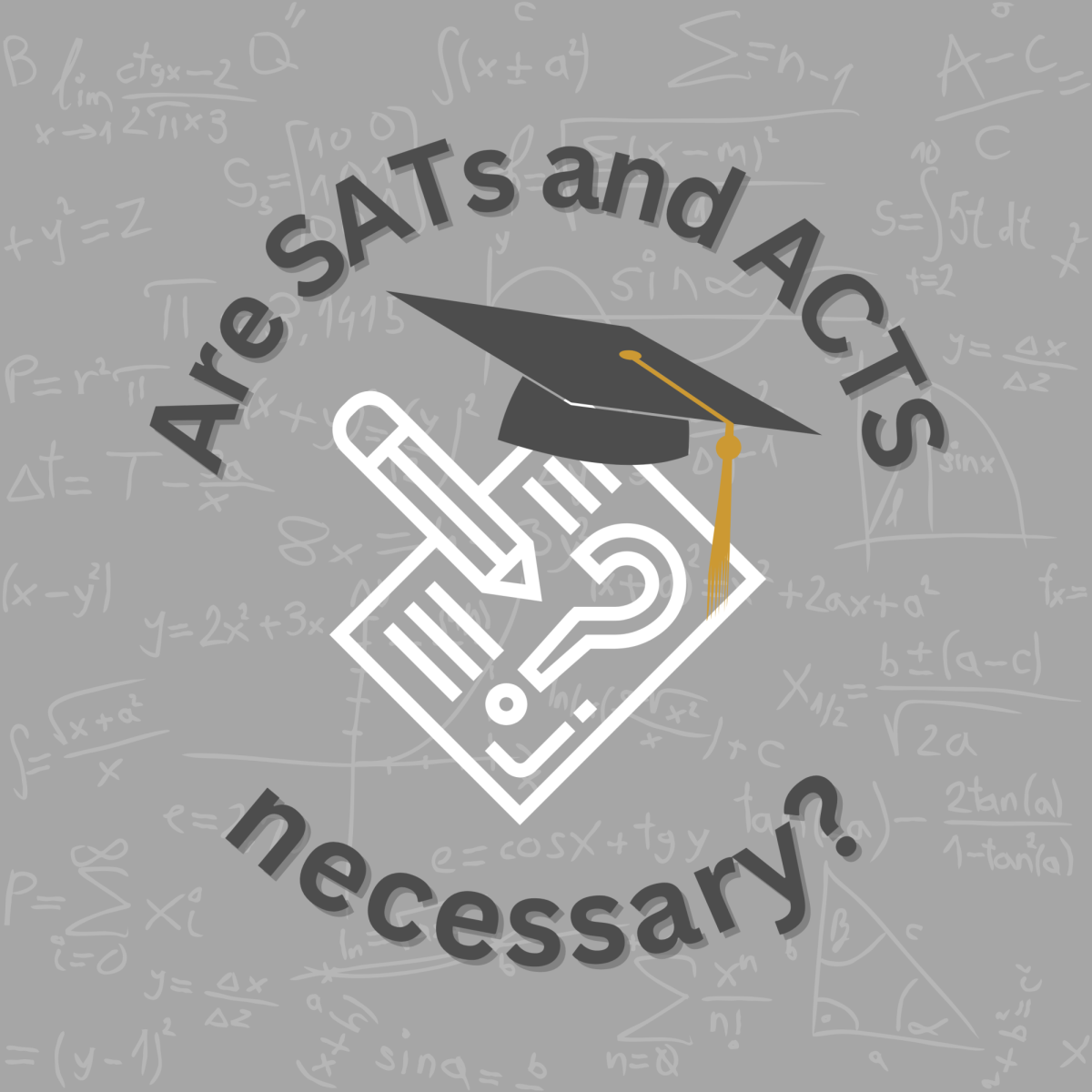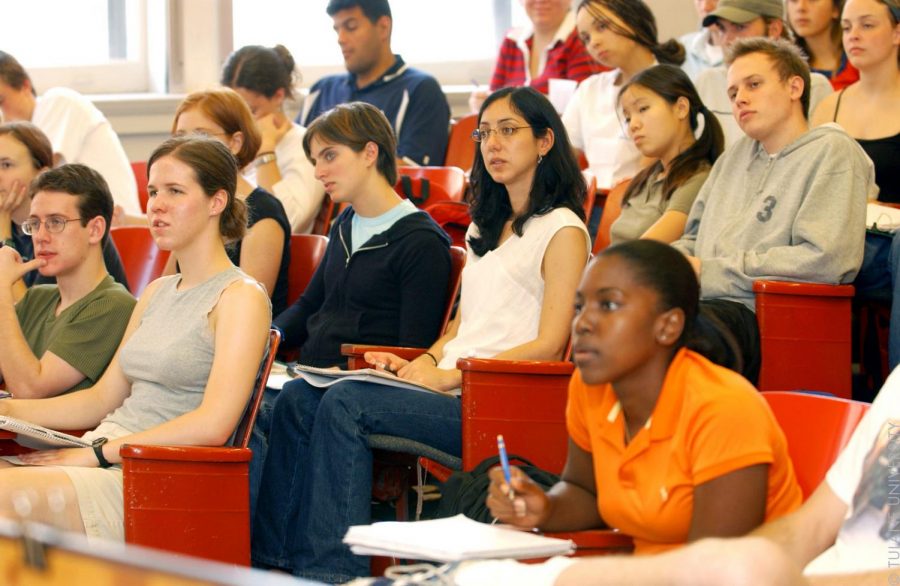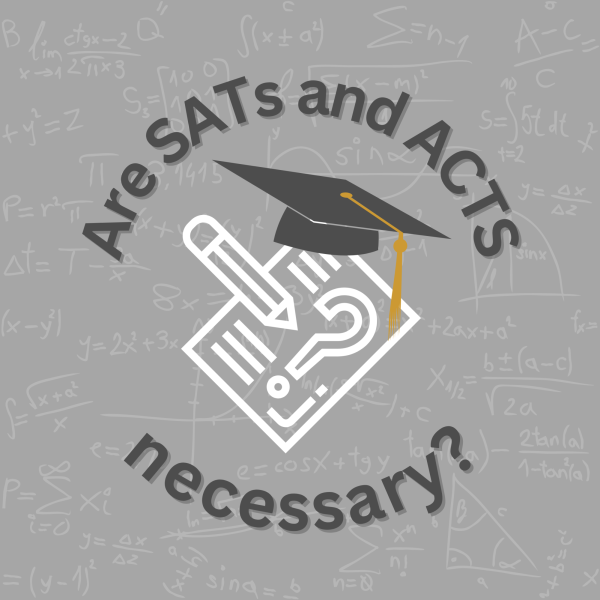What makes a good student?
March 7, 2019
Some may wonder what teachers look for in a student or what universities expect from students. There are several factors that contribute to what it is like to be labeled “above the average.” Factors such as asking questions in class, having a strong work ethic, and having the ability to solve complex problems or to think critically are ones that teachers look for. Trustworthiness also plays a factor when it comes to teachers being able to believe their students with work and information. Along with these following factors, listening and communication skills, as well as one’s involvement in extra curricular activities, are critical components for making “a good student.”
A teacher can start by recognizing a student’s effort from an exam, homework or in-class assignment. Students’ grades, of course, reflect how often and well they prepare for their work. Participation in class can also help determine a student’s work ethic. Some students have no desire to hand in homework or take part in group assignments and activities, while the ones who do are recognized for participating. Teachers also credit their students when they ask questions. Because teachers are not mind-readers, it is difficult to tell whether students are understanding the material or not. Asking questions makes this process easier for both the teachers and the students.
Participating in extra curricular activities is also appealing when it comes to judging how well-rounded a student is. Clubs, sports and the arts programs are all contributing factors becoming exceptional students. Universities are especially accepting of students who participate and excel as part of such activities. Being well-rounded means being active in what you have interest in, such as helping others through key club, playing your favorite sport or being a part of the school band. Well-rounded can also mean being capable of doing all of the listed activities and having many talents. Universities consider a well-rounded student during acceptance more than a student with no participation in extra curricular activities.
Lastly, proving trustworthiness is a huge benefit for students. Teachers determine how trustworthy their students can be through completion of classwork or obeying classroom rules. These several factors lead to what makes a good student. Being a good listener, helper and participator are key elements to developing the qualities that teachers and universities ultimately look for in a student, and they are the qualities that every students should strive to develop over their high school careers.















































































